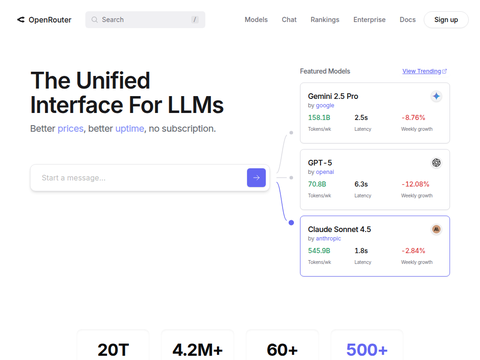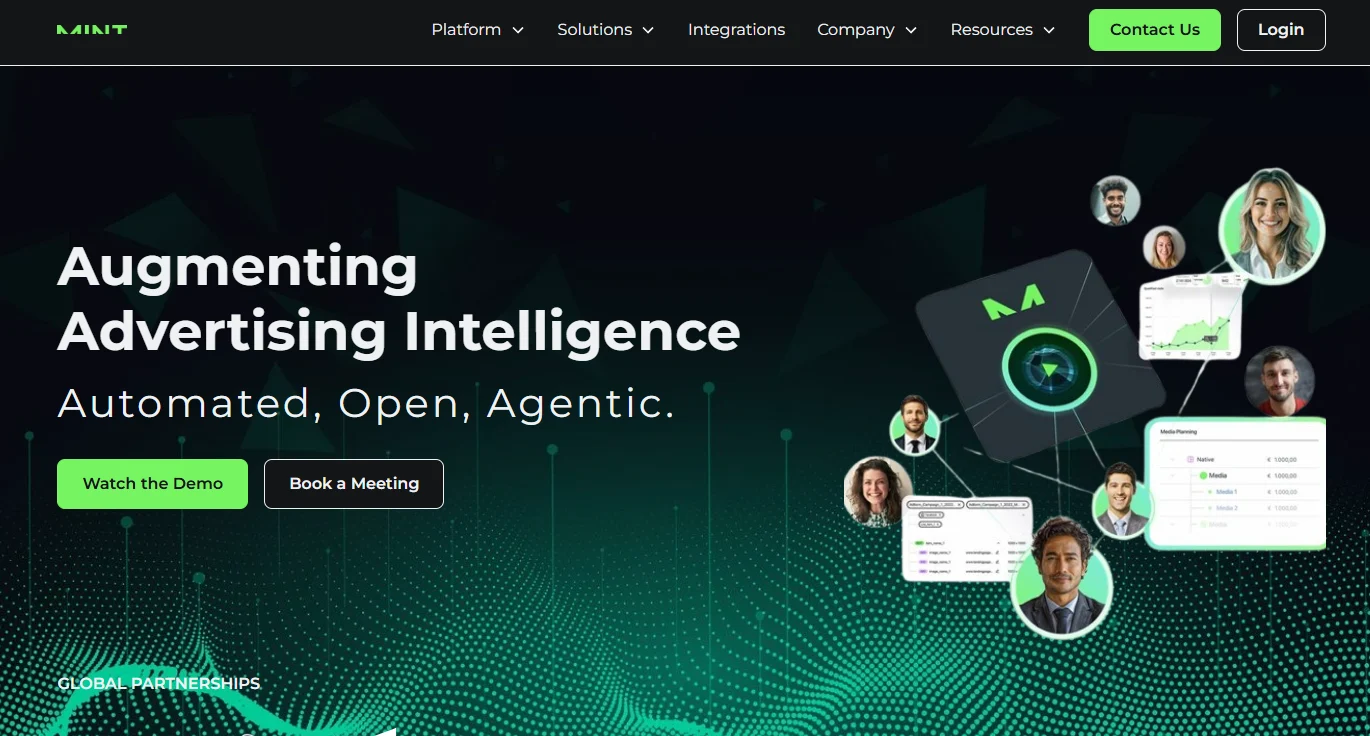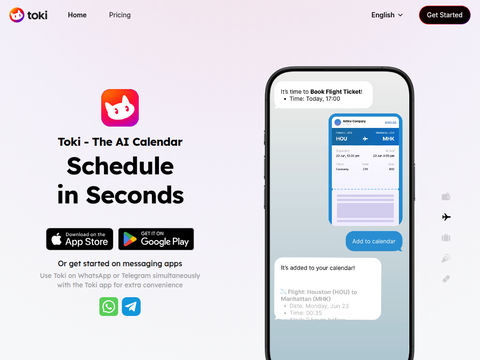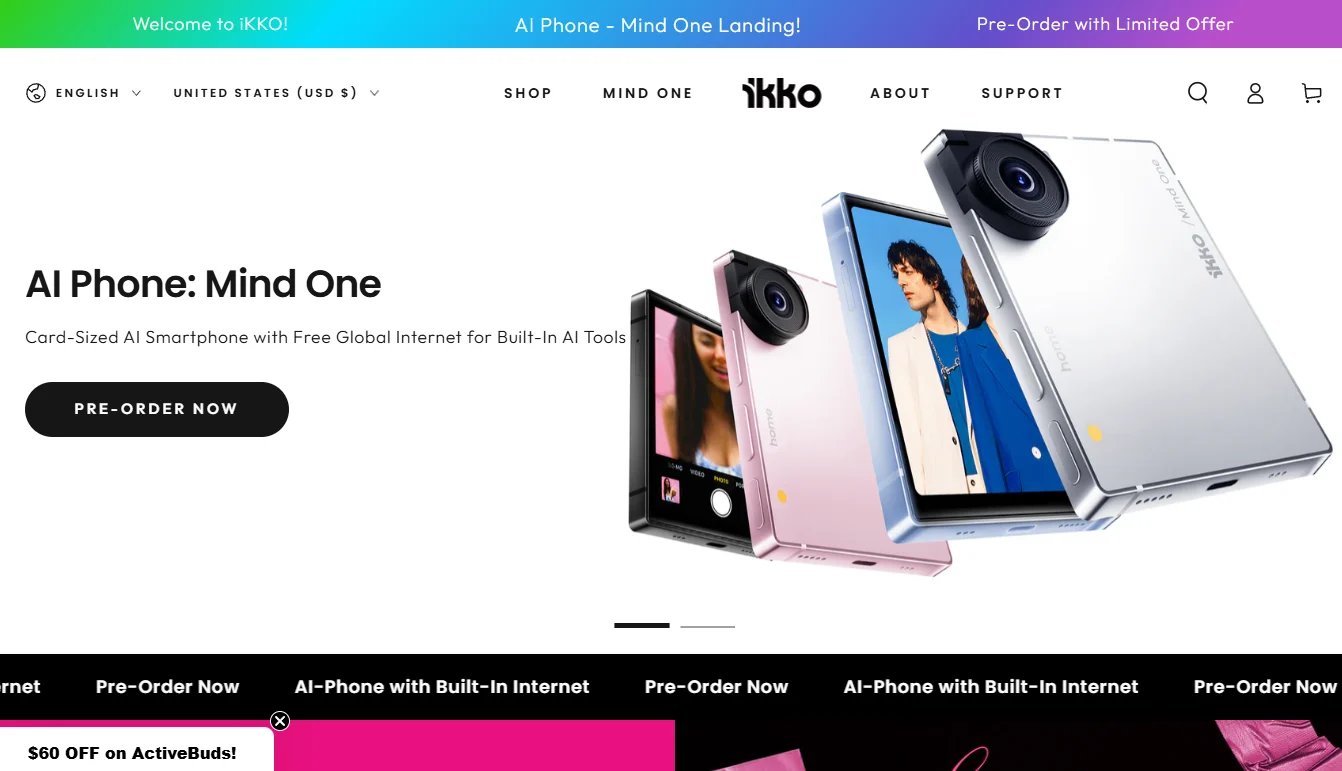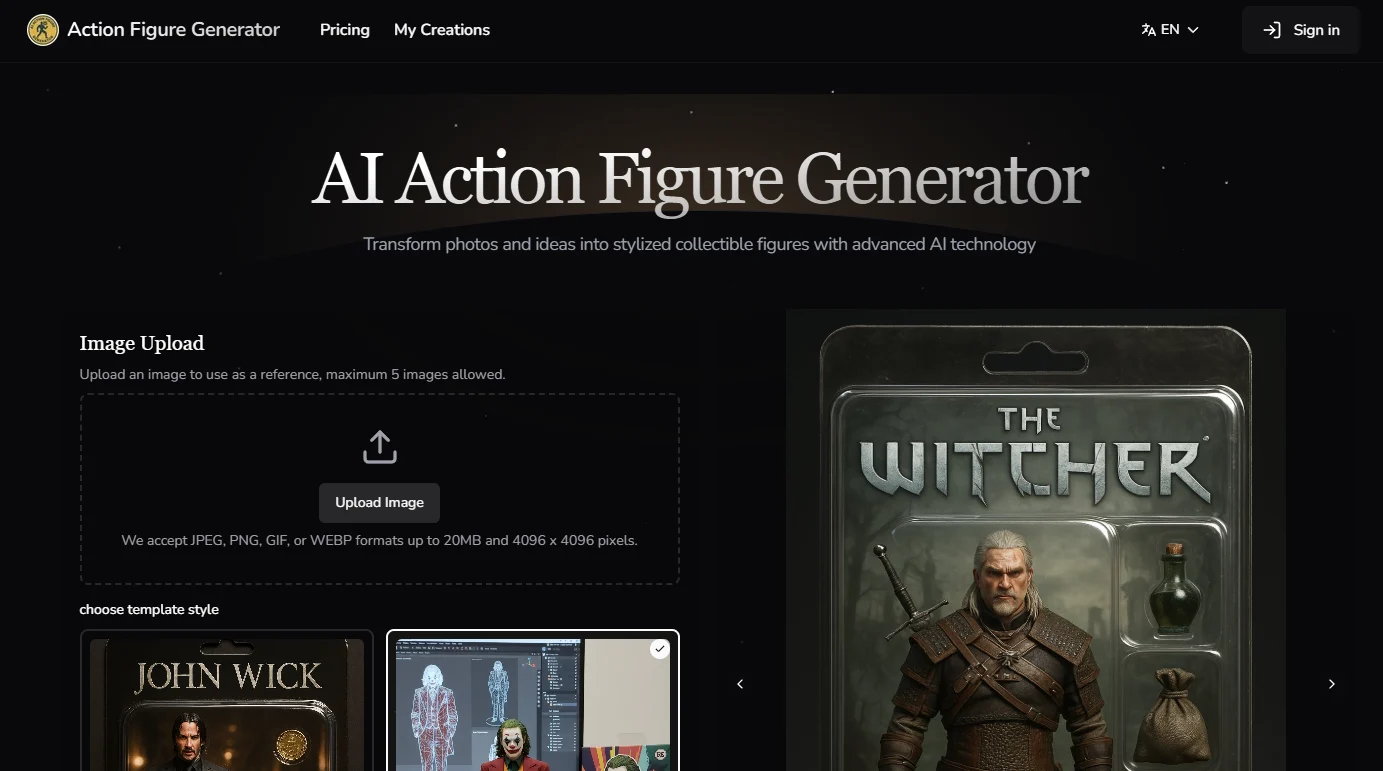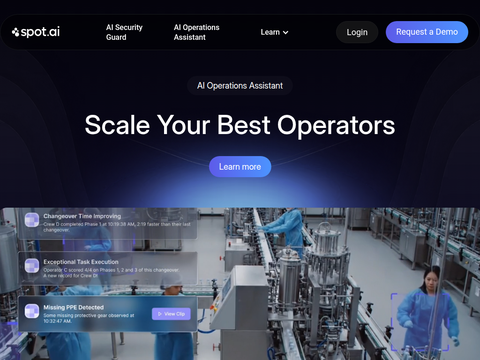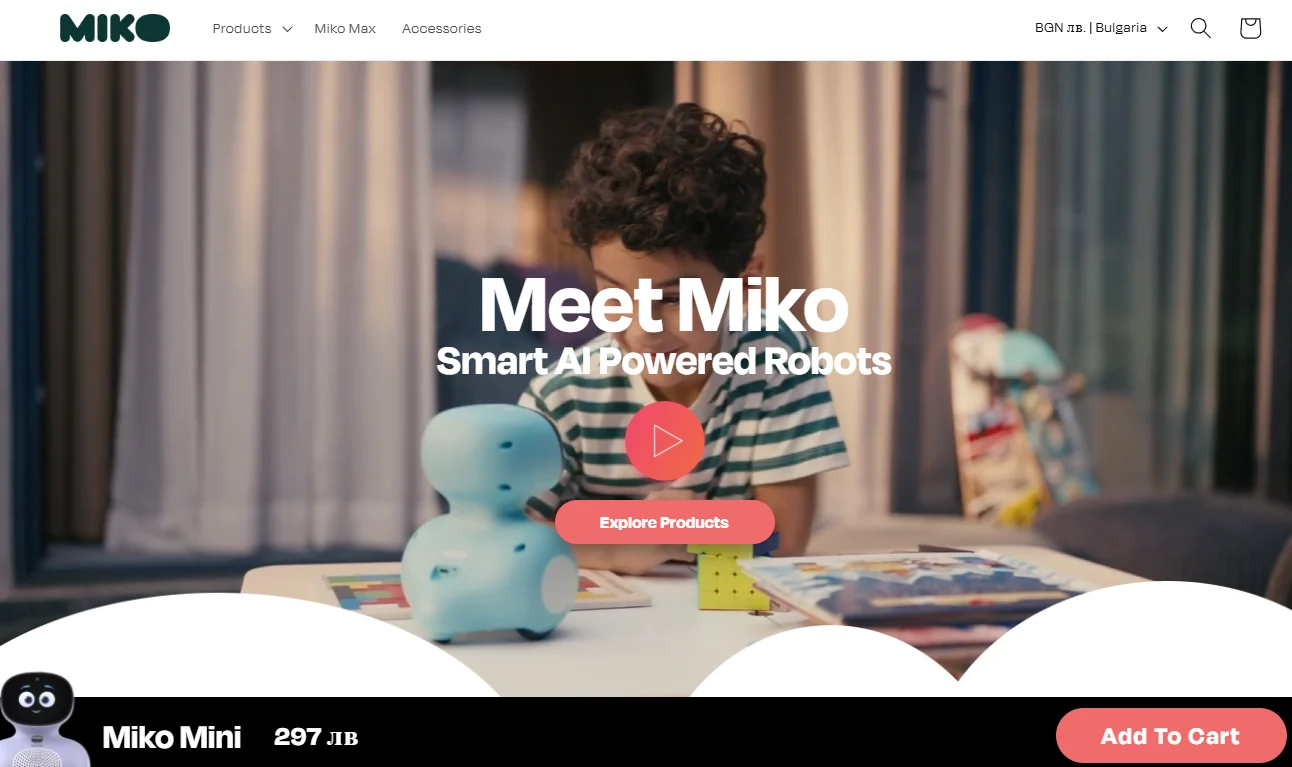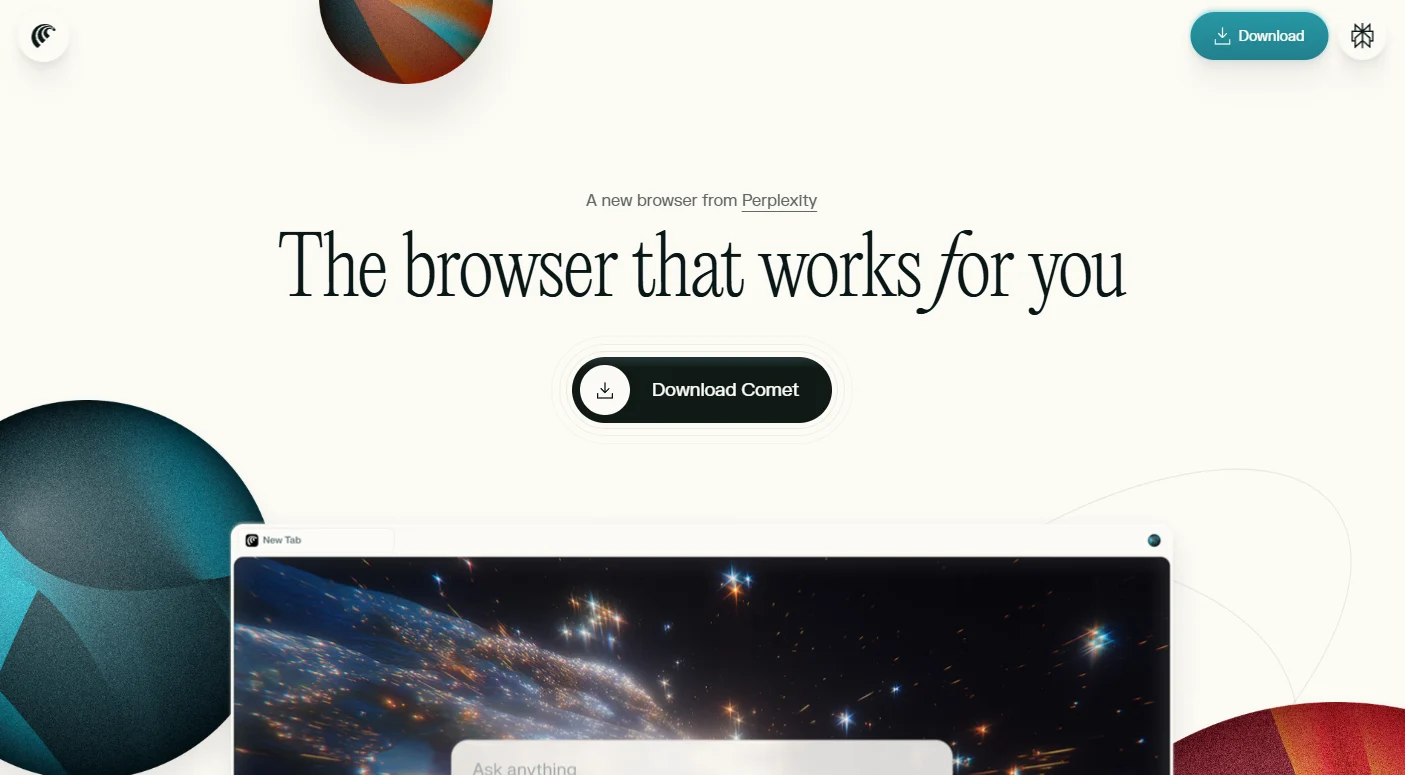During a BBC interview, PlayStation leaders Hermann Huulst and co-CEO Hideaki Nishino highlighted the subtle yet significant impact of artificial intelligence (AI) on the gaming industry. They expressed strong confidence that AI will never entirely replace the human touch essential in game development.
As Sony celebrates the 30th anniversary of its gaming consoles, the company has experienced both remarkable successes and notable challenges. The overwhelming success of the PlayStation 5 and its games starkly contrasts with the widespread layoffs occurring within the industry. Additionally, the pandemic-induced slowdown in demand has severely impacted game developers, while the influence of AI on employment has raised concerns.
Mr. Huulst acknowledged that technological advancements have indeed introduced automation potential in game development, streamlining many monotonous processes. However, he also pointed out the profound unease AI can cause, citing the strike by American voice actors who fear that this technology might replace their jobs.
In response, Mr. Huulst stated, "I am convinced that within the gaming sector, there will be a dual demand for AI-driven innovative experiences and thoughtfully crafted, handcrafted content." He emphasized the importance of balancing the use of AI with maintaining human-centric care.
Over the past year, both CEOs have faced a series of challenges. The highly anticipated shooter game "Star Agent" ultimately failed, leading to refunds for players and the closure of its studio. Mr. Huulst commented, "While 'Star Agent' performed excellently in certain aspects, it did not garner sufficient player interest in others, prompting our decision to discontinue it."
Meanwhile, the high price of the PlayStation 5 Pro has sparked controversy. Nevertheless, the company has also seen unexpected successes, such as the game "Astro Bot," which received outstanding reviews and multiple annual game nominations. Mr. Huulst remarked, "I cannot adequately express how pleased we are with 'Astro Bot.'
Despite these achievements, Sony still faces issues like poor sales of its handheld consoles. However, Mr. Nishino pointed out that the way players engage with games is evolving. He mentioned the "huge success" of the handheld PlayStation Portal and revealed plans to enable cloud gaming directly on handheld devices.
In the realm of film, Sony also plans to expand its game IPs into the broader entertainment industry. Mr. Huulst shared his vision of elevating PlayStation’s intellectual properties beyond gaming, aiming to secure a significant presence within the larger entertainment sector.
Reflecting on their past, both CEOs shared their personal gaming experiences. Mr. Nishino mentioned that he did not have a home console when he first started gaming and instead visited friends’ homes to play. In contrast, Mr. Huulst developed a love for gaming through his mother's toy store, saying, "I can confidently say that I cultivated my passion for games during those wonderful times."
In summary, PlayStation is striving to balance AI integration with human-centric care, continuously exploring new ways for players to engage with games, and planning to expand its game IPs into the larger entertainment industry.

